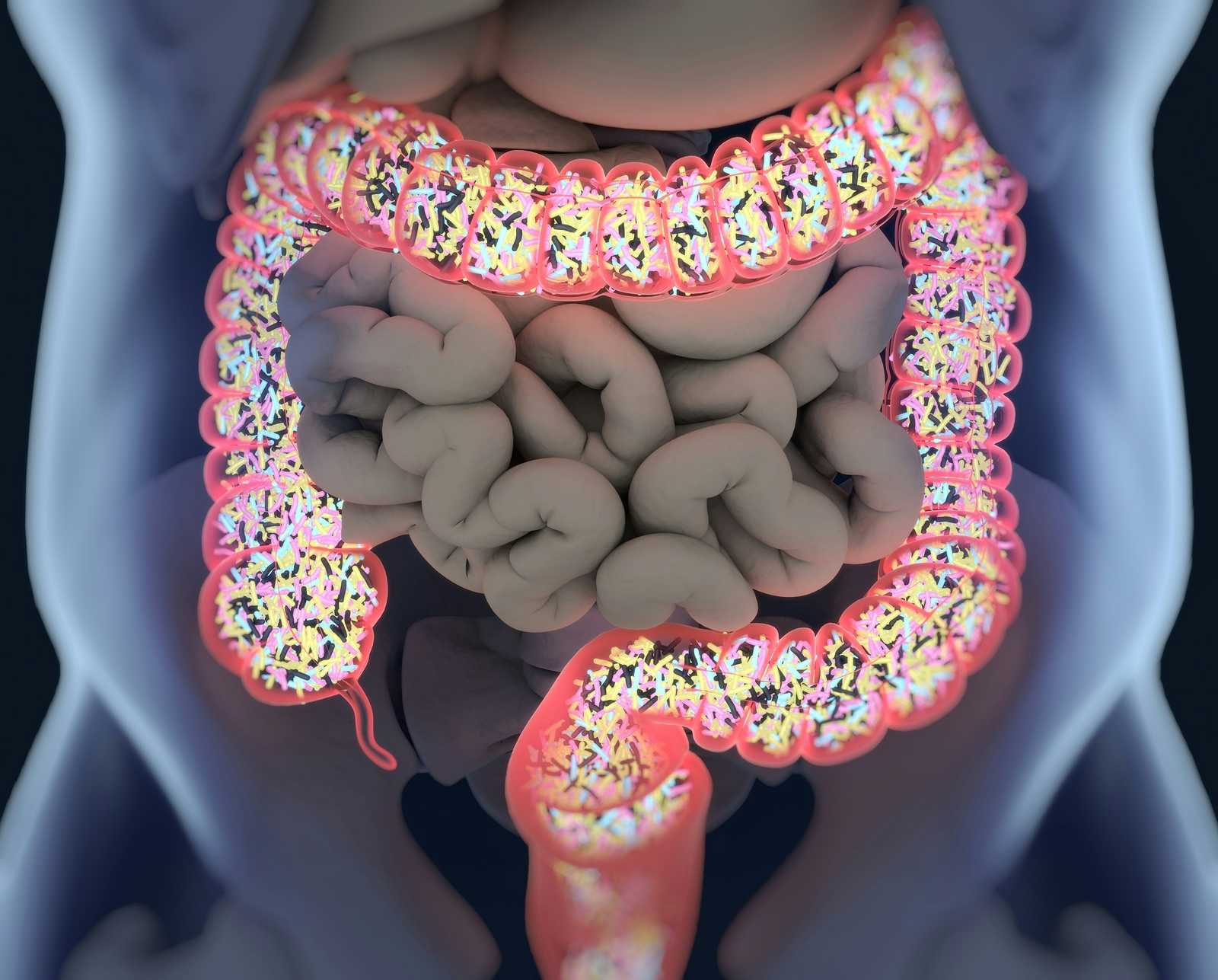
A decade or so ago, no one would have imagined that the bacteria in your digestive tract could in any way interact with your brain. We assumed that the brain and the belly were completely isolated. But there is growing evidence that the brain and belly communicate, thanks in part to microbes in our digestive tracts. A new study suggests that the gut microbiome can impact memory. In fact, there seems to be a strong link between the microbiota in our intestines and our state of mental health.
The Gut Microbiome May Influence Resilience:
Scientists have long recognized that the brain can influence the digestive tract. People who have to give an important talk often report butterflies in the stomach. This can even make them nauseated. That is a clear impact of the emotions on the gut itself.
Now, researchers at UCLA report that the brain-gut microbiome system “plays an influential role on mental health.” They analyzed the components of the gut microbiota and found certain patterns associated with emotional resilience (Nature Mental Health, June 21, 2024).
People with a favorable balance of microbes in their stool were less likely to report symptoms of depression or anxiety. Their bacteria also appeared to have better energy metabolism, lower inflammation and more adaptability. According to the investigators, these findings suggest that a healthy microbiome could improve people’s ability to face stressful situations with resilience. We still don’t know, however, whether attempts to alter the microbiota will be successful.
In their words,
“resilience impacts psychological symptoms, emotion regulation and cognitive function, as reflected by unique neural correlates and microbiome function supporting eubiosis and gut-barrier integrity.”
This is not the first study to suggest that the gut microbiome might influence cognitive function. Here is a report on an earlier study conducted in mice. We’ll look forward to further research with human volunteers.
Lactobacillus and Memory:
A group of researchers set out to determine if they could improve the memories of mice by giving them Lactobacillus probiotics (Microbiome, April 17, 2020).
They introduce their study this way:
“Specific members of the gut microbiome have been linked to host health and behavior. Intriguingly, probiotics comprised of different Lactobacillus and/or Bifidobacterium strains have been shown to impact behavior in mice, including reduction of symptoms linked to anxiety and improvement of memory.”
What They Discovered:
Some mice, like some people, have very good memories. And some mice, like some people, have crappy memories. In this research, the investigators found that the mice with more Lactobacillus in their digestive tracts performed better on memory tests.
Next they gave Lactobacillus probiotics to mice that did not have bacteria in their bellies. When these germ-free mice got Lactobacillus, their memories improved.
In their own words:
“We conducted systematic genetic and microbial community profiling analyses to determine potential links between host genetics and the gut microbiome in memory. We demonstrated that members of the gut microbiome, specifically different Lactobacillus species, play a role in improving memory in mice.”
How Would Lactobacillus Probiotics Affect the Gut Microbiome?
Is there an explanation for why probiotics containing Lactobacillus might be beneficial for memory? The authors realized that Lactobacillus strains produce lactate. It is essential for learning and memory. When they gave mice with poor memories lactate, their performance improved.
The Take-Home Message:
The scientists believe that Lactobacillus in the diet can lead to the production of lactate in the colon. Extra lactate in the digestive tract gets into the blood stream and “migrates through the blood to the brain.”
The authors conclude:
“One potential outcome of this research is the support of use of probiotic Lactobacillus strains to promote memory through their production of lactate and through their promotion of GABA accumulation in the hippocampus, although it remains to translate these findings from mice to humans.”
Will Lactobacillus improve memory for people? That is the big question. At this point it is too early to tell. On the other hand, probiotics are relatively benign. If taking a probiotic formula with lots of Lactobacillus might help and won’t hurt, it may be worth a try.
Learn More:
You may wish to listen to some of our interviews on maintaining a healthy gut microbiome. One of our earliest podcasts to focus on this topic is Show 1156: How the Microbiota in the Good Gut Takes Care of You. Another one is Show 1312: Fiber, Phytonutrients and Healthy Soil. Dr. Robynne Chutkan also gives an excellent explanation in Show 1336: How the Antiviral Gut Tackles Pathogens from the Inside Out.
Citations
- An E et al, "Stress-resilience impacts psychological wellbeing as evidenced by brain–gut microbiome interactions." Nature Mental Health, June 21, 2024. https://doi.org/10.1038/s44220-024-00266-6
- Mao J-H et al, "Genetic and metabolic links between the murine microbiome and memory." Microbiome, April 17, 2020. DOI: 10.1186/s40168-020-00817-w

